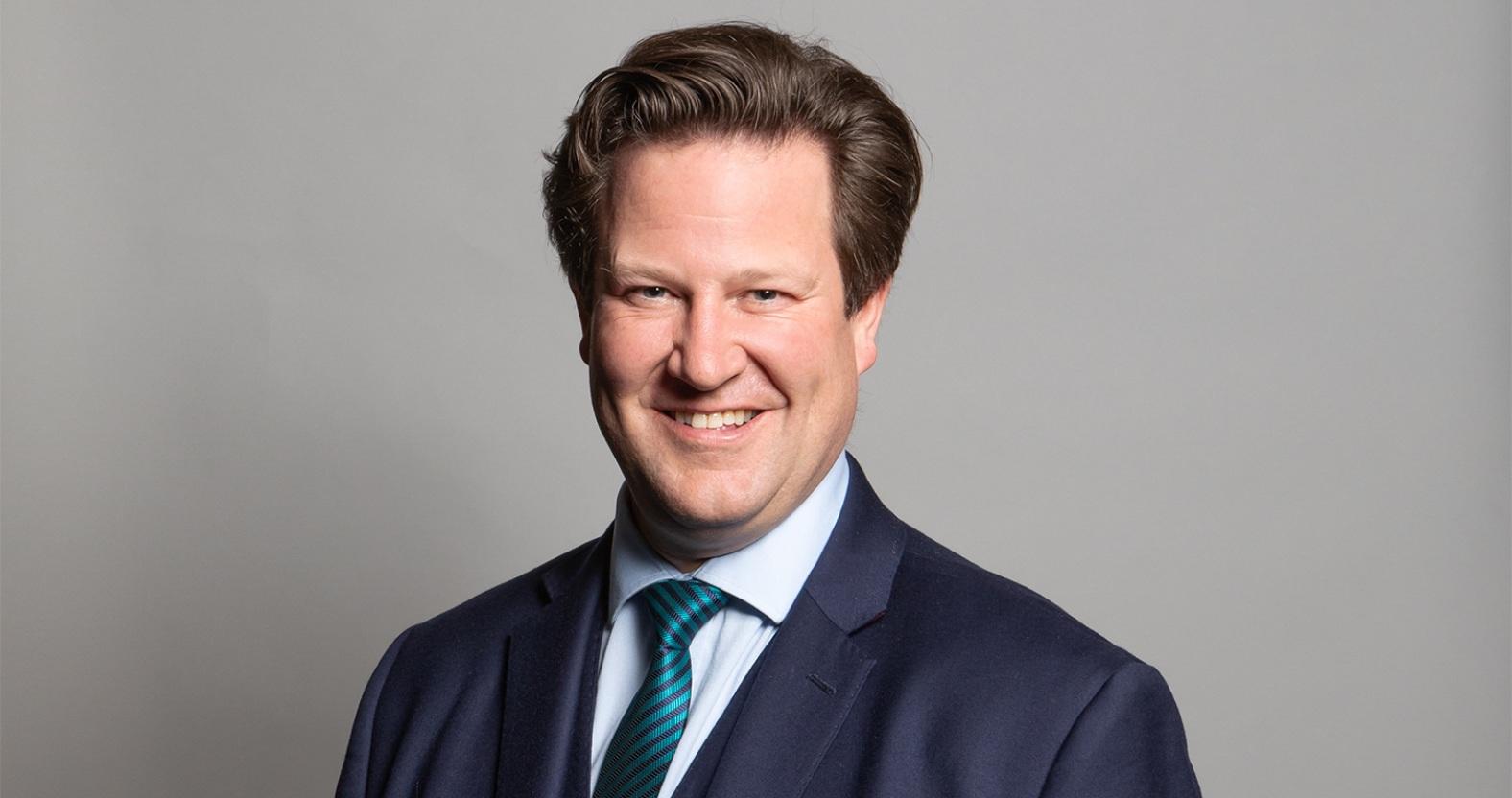Thank you for your interest in this story.
To continue reading this article, subscribe to the Stray Ferret for as little as £1 a week.
Already a subscriber? Log in here.
31
Mar
Men need to ‘break the taboo’ of talking about women’s health, Wetherby and Easingwold MP says

A local MP has called for improved access to advice and treatment for women suffering from severe premenstrual symptoms.
Sir Alec Shelbrooke, the Conservative for Wetherby and Easingwold whose constituency includes Boroughbridge and many villages in the Harrogate area, has campaigned for increased awareness of and reduced waiting times for female gynaecological conditions, such as endometriosis.
Sir Alec last year told the Stray Ferret he believes the NHS is “sexist and misogynistic”, and too many women suffering with gynaecological conditions are “patted on the head and told to take painkillers”.
The Tory MP submitted a written question to the Department of Health and Social Care on March 13.
He asked Health Secretary Wes Streeting what steps the department was taking to improve awareness and diagnosis of premenstrual dysphoric disorder (PMDD), as well as access to effective treatment within the NHS for those affected by it.
The NHS defines PMDD as far more intense premenstrual symptoms, including body pain, feelings of depression and anxiety, and changes to sleep and appetite. Its effects can have a “much greater negative impact” on women’s lives than regular premenstrual symptoms.
Health minister Karin Smyth responded to Sir Alec's written question, saying the government was "committed to prioritising women’s health as it reforms the NHS".
She added:
We recognise that Premenstrual Dysphoric Disorder (PMDD) is a serious condition which can be both distressing and disabling for those that experience PMDD symptoms.
The department and the NHS have created a women’s health area on the NHS website, which brings together over 100 health topics including periods, gynaecological conditions, fertility, pregnancy, heart health and cancers, and is designed to be a first port of call for women seeking health information. The page on premenstrual syndrome contains information and advice on PMDD.
Women’s health hubs have a key role in shifting care out of hospitals and improving care for women’s health conditions, Ms Smyth also said.
Her response adds:
As of December 2024, 39 out of 42 integrated care boards (ICBs) reported to NHS England that they had at least one operational women’s health hub. We continue to engage with and encourage ICBs to use the learning from the women’s health hubs pilots to improve local delivery of services to women.
Psychological support is also available to women experiencing premenstrual dysphoric disorder through local NHS Talking Therapies services, which provide evidence-based treatments, such as cognitive behavioural therapy, for common mental health conditions including depression and anxiety. People can self-refer to NHS Talking Therapies services or be referred by their general practitioner.
‘Half of my constituents are women - it’s my job to represent them’
The Stray Ferret asked Sir Alec if he was satisfied by Ms Smyth’s response and if the government was doing enough to recognise and treat PMDD.
We also asked Sir Alec what work he has done to raise awareness of the condition and improve treatment for women affected by it.
He said:
Following numerous complaints from my constituents, I’ve been speaking out about prolonged diagnosis periods, the lack of education and the need for better workplace support for women affected by conditions such as endometriosis. As part of this ongoing work, I am also looking into other conditions, such as PMDD, which can be debilitating for many women.
My aim is to raise awareness of gynaecological conditions and ensure that women and girls can access appropriate advice and treatment, rather than facing constant hurdles just to obtain a correct diagnosis.
I also think we need to break the taboo where men feel uncomfortable talking about such issues; at the end of the day, half of my constituents are women and it’s my job to represent them.
Sir Alec said he was concerned the government had “cancelled plans” to deliver new women’s health hubs across the county and to “downgrade the women’s health strategy in NHS guidance”.
He said he plans to continue working with the all-party parliamentary group on endometriosis and other organisations to improve the recognition and treatments of these conditions for women and girls.
1